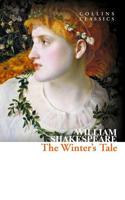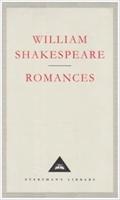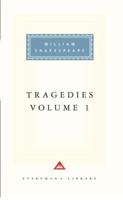Publisher's Synopsis
A battle of two rights. Kreon, a man, a ruler, responsible for a city, champion of the law of man. Antigone, a woman, a sister, responsible for the soul of her dead brothers, champion of the law of god. Two harsh, determined, unyielding spirits, but only one can prevail. A drama, 2500 years old, still fresh as ever.Here is an adaptation of the ancient tragedy that brings the clarity of Sophocles' moral vision vividly to life for today's audiences in reading and performance.The foundation of the play, the element without which we have no story, is a battle of two rights. It is essential that we understand the rights and wrongs of both sides; it is essential that we feel emotionally drawn to both sides. Watching this play is like watching two loved ones fight; both sides are painful. For all his bluster, his temper, his harsh way of judgement and his rash pride, Kreon does have a grip on one essential fact: society does depend on a central authority for all that law brings that is of benefit. This city and these people are fresh from a fight to the death for their lives, their homes, and their loved ones. It is easy to forget this, easy to make Kreon into a parading villain. But if law is a good, Kreon sincerely believes in and eloquently speaks for something that is good. The tragedy of the play is that he cannot see, until it is too late, that he is not in fact serving that good. For all her courage, for all her determination and fearlessness, for all her clarity of moral vision, Antigone is as harsh as Kreon, as uncompromising as Kreon, as willing to take law into her own hands--but the law she takes up is divine law, eternal justice. It is easy to make Antigone into a whining victim or a strident harridan; neither is right. In the name of that which is holy, she is as fearlessly, yet arrogantly unwilling to back down as is Kreon. In her own way, she as is full of hubris as he is. The foundation of Sophocles' treatment of the play is simple, direct, completely focused clarity. There is not a word out of place, not a trace of bombast, fustian or turgidity. Too many writers who provide Greek tragedy in English think the language must be "mythic," meaning inflated. Sophocles is not "mythic" in language. He is beautifully clear in language; he rises to the mythic in meaning. A modern audience is not likely to be very familiar with Greek myth. Sophocles makes many references to stories well known to his own audience, stories that had intense emotional resonsance for tham, stories virtually unknown to modern audiences. It is important to communicate the emotional essence of those stories without bogging down in unknown names and unfamiliar, ultimately irrelevant details. Last but hardly least, there is an important philosophical dimension to the play, expressed poetically, not intellectually. The chorus bears the burden of that side of Sophocles' vision. Bringing that aspect of the play to a modern consciousness requires providing vivid imagery that recreates Sophocles' poetic message.







